Spotlight on Spotify
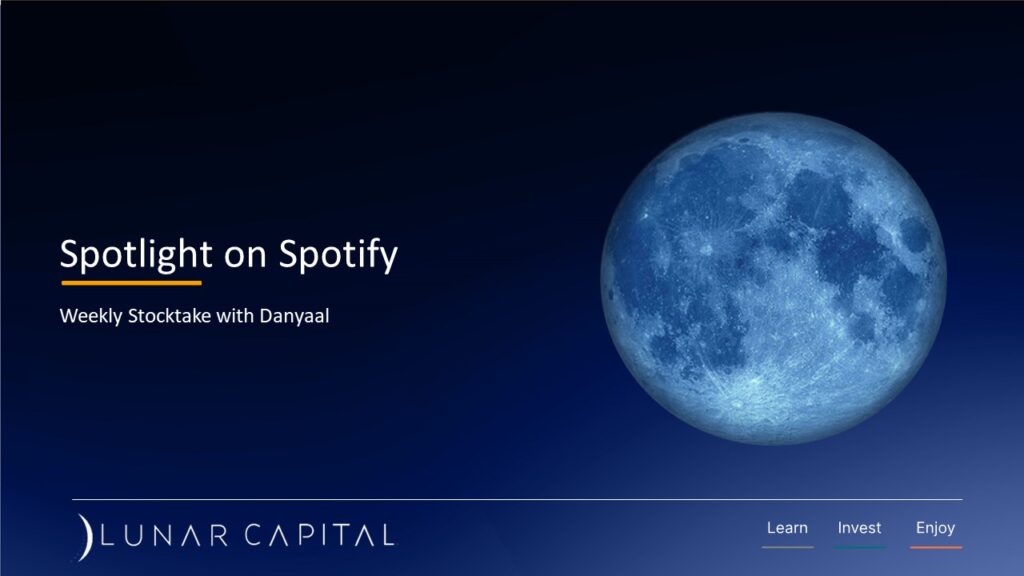
A good product doesn’t always mean a good business. Read to find out why.
With a Side of Chips, Please
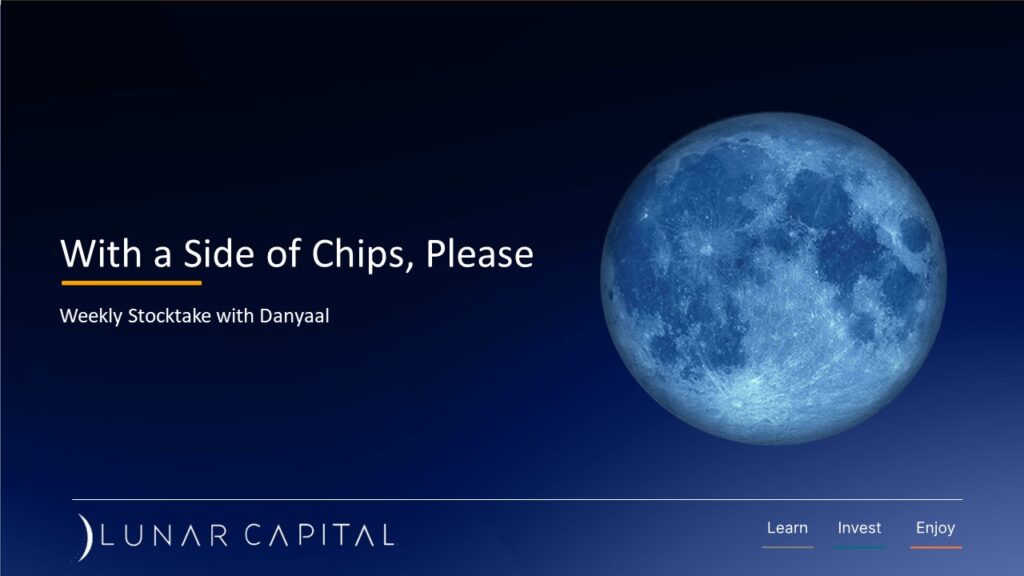
What was the story behind ASML and TSMC’s recent results.
JP Mor-Gains
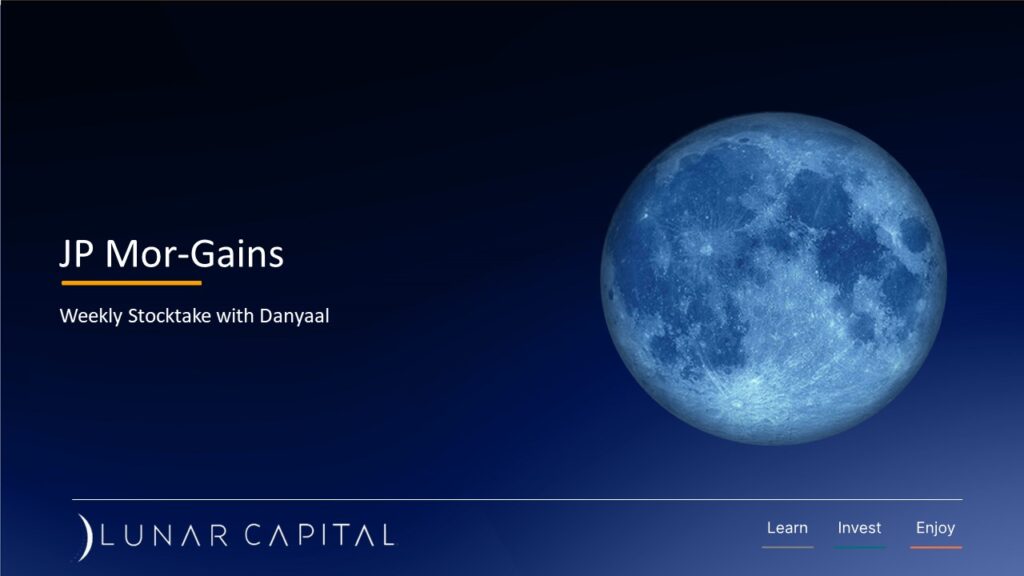
How is JP Morgan navigating an increasingly complex environment.
AI: The Energy Saga
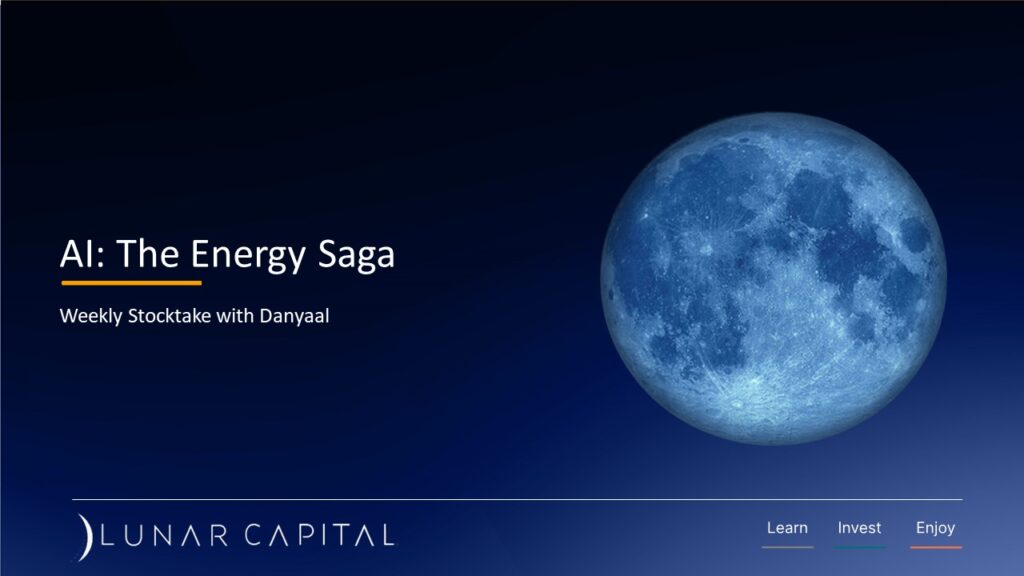
How are businesses dealing with AI’s increasing energy demand?
Nike Just Not Doing It
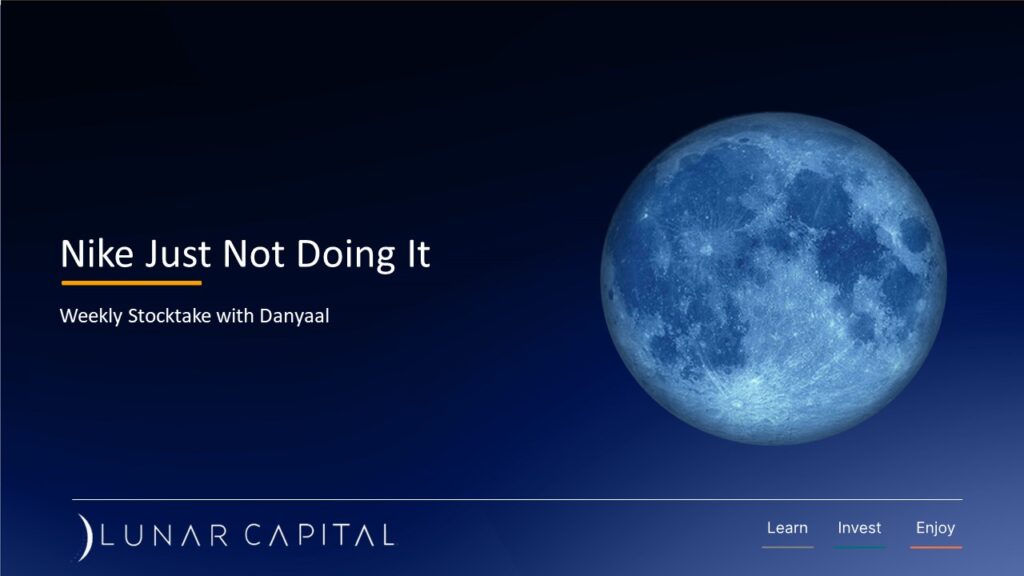
Find out how Nike have not been able to take advantage of the worlds latest trend.
Adobe or Not Adobe
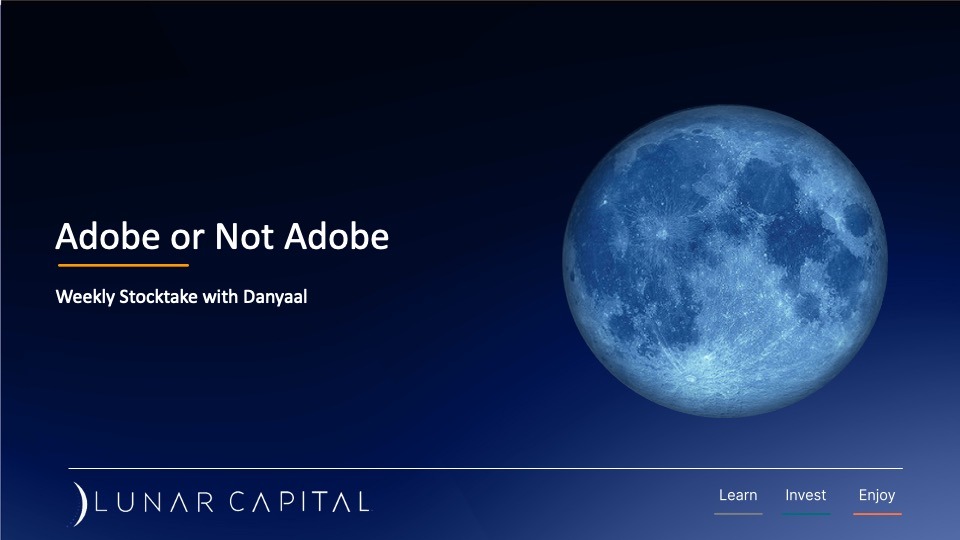
How is Adobe navigating the new world?
A Day out Shopping
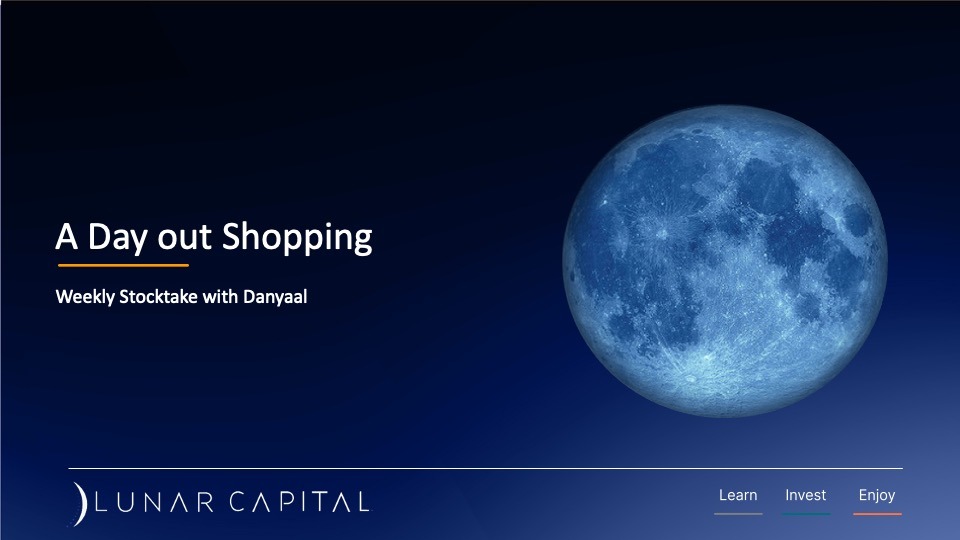
Lululemon and Inditex, what are the similarities and differences?
Costco – One up on Inflation
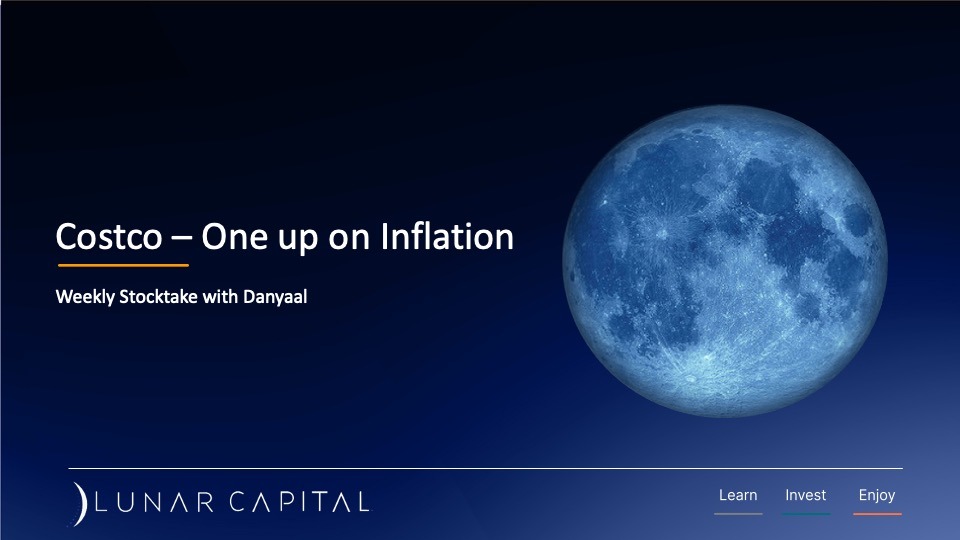
What is Costco doing to help customers beat inflation?
Nvidia – Silicon Supreme
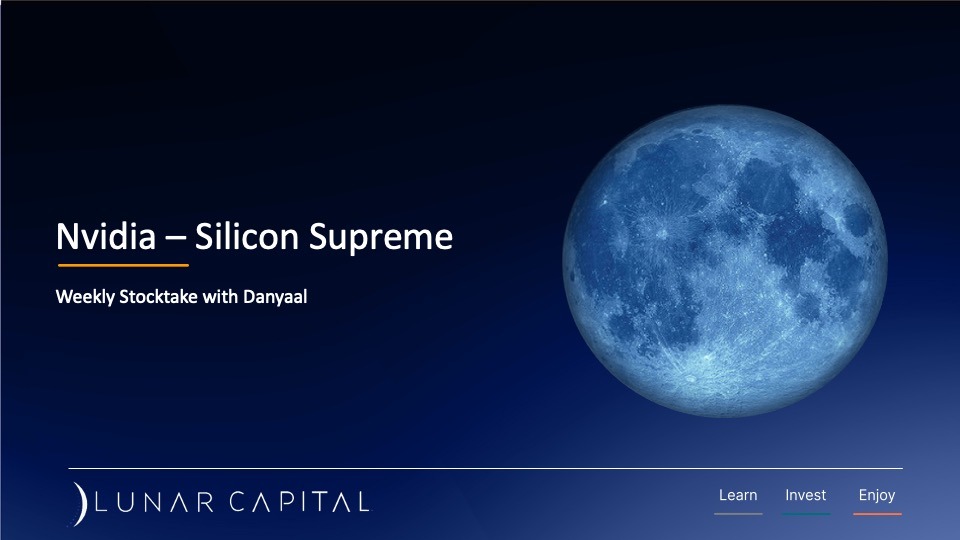
How has Nvidia become one of the leading AI chip suppliers in the world.
Walmart – The Best Offense starts in Defense
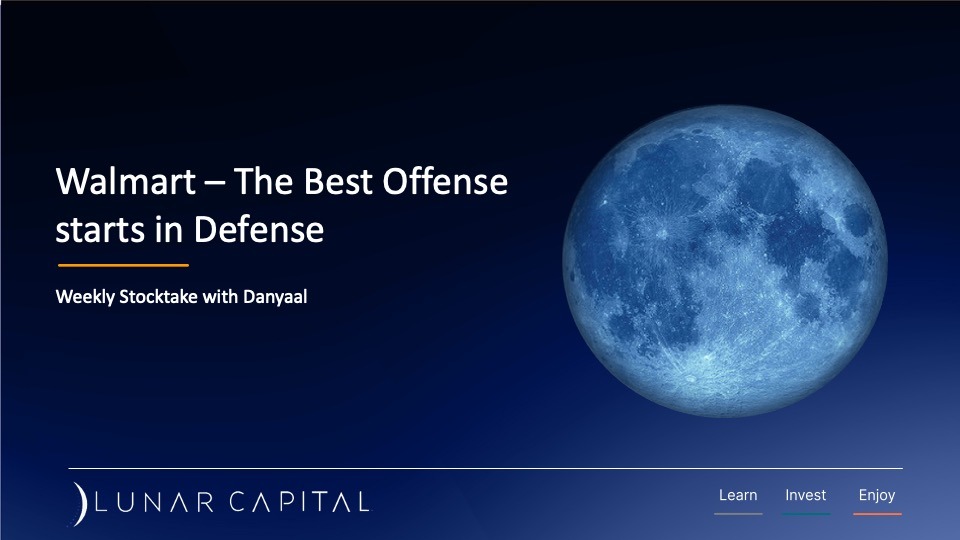
What advantages does Walmart have in a inflationary and competitive environment
